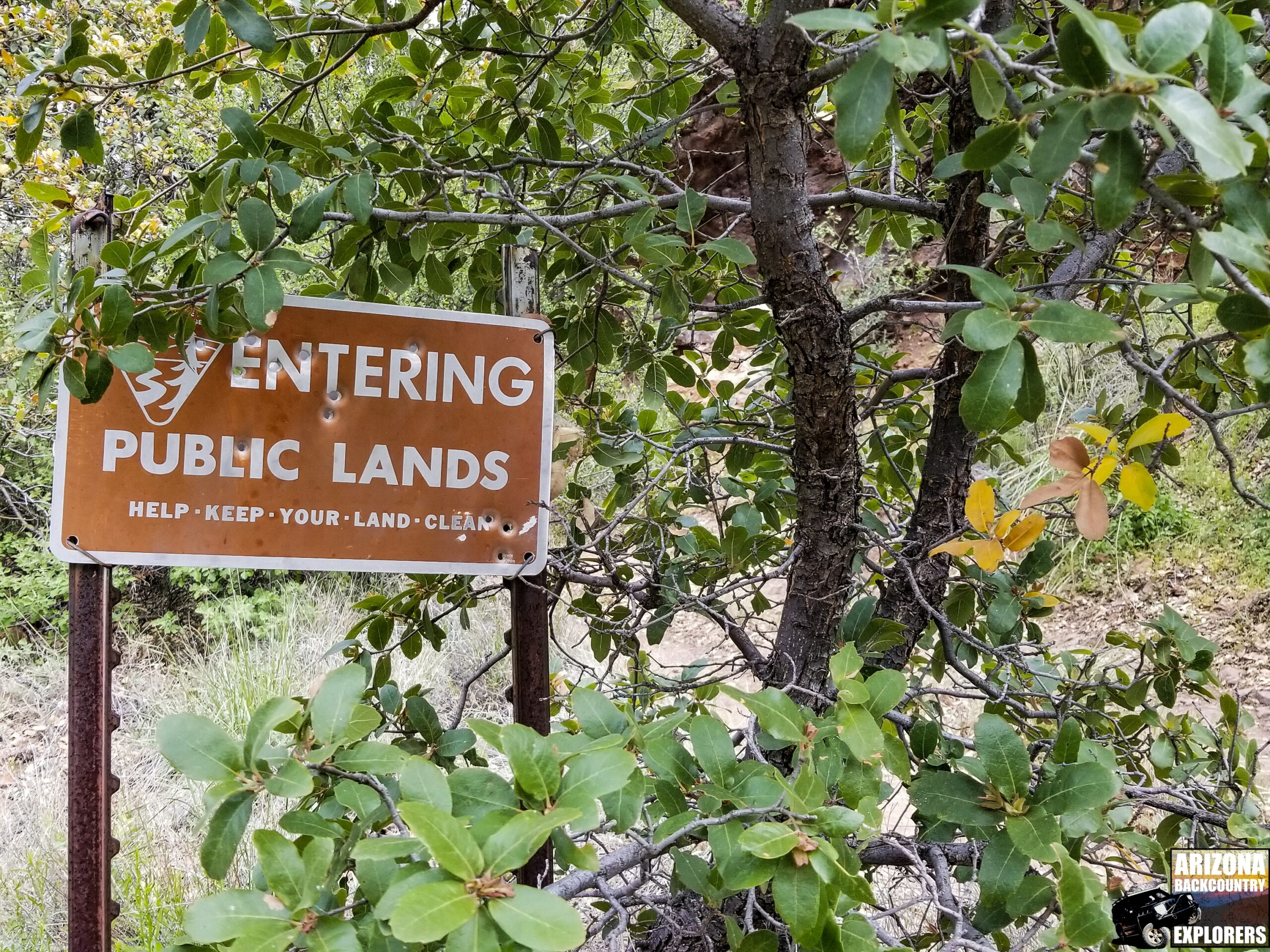Your cart is currently empty!
Posted in
Livestock Critics Push Agenda at COP 26
Anti-livestock Tone at Climate Summit Triggers Concern Among U.S. Ranchers Group
by Chris Clayton for Progressive Farmer DTN
OMAHA (DTN) — A handful of U.S. farmers and ranchers with Solutions from the Land found themselves facing more aggressive anti-meat posturing among the nearly 40,000 official participants in the COP 26 climate summit earlier this month in Glasgow, Scotland.
After years of pushing on the door at the annual Conference of the Parties (COP) climate events, the small contingency of U.S. producers also were more engaged with like-minded farmers from other countries and U.S. officials.
For Ohio farmer Fred Yoder, a co-chair for Solutions from the Land, the Scotland event was his seventh COP. Yoder also chairs the North American Climate Smart Agriculture Alliance. Yoder said Solutions from the Land’s persistence at attending COP events has earned credibility.
“In past years, we had to fight to get into meetings,” Yoder said. “We literally had to force our way into events.”
This year, USDA officials had contacted the group’s members beforehand to meet with Agriculture Secretary Tom Vilsack. Yoder joined a panel with Vilsack, National Farmers Union President Rob Larew and others at the U.S. pavilion. (https://www.dtnpf.com/…)
A problem at the event noted by Yoder, as well as farmers from other countries, was the increasing rhetoric at the COP over livestock production, Yoder said. The complaints about methane emissions from livestock globally have grown over time. Yoder said he heard at least one speaker insist the quickest way to deal with climate change was to quit raising livestock.
“There’s an awful lot of trashing of farmers at COP. It’s been bad every year, but the whole thing was just bigger,” Yoder said of anti-livestock criticisms. “People kept talking about getting rid of cattle because they’re emitting methane. That was a big topic.”
Iowa farmer Ray Gaesser agreed anti-animal agriculture “was an underlying theme” for some of the various organizations that attended COP 26. “Some of the messaging over agriculture and animal agriculture was just not 100% accurate, and that just scares me. It kind of fuels the anti-animal ag people out there that are really trying to aggressively advance their agenda,” Gaesser said.
After years of serving as president of the Family Farm Alliance in Western states, Wyoming rancher Pat O’Toole was attending his first major climate summit. Like some of the others representing U.S. agriculture at the event, he was taken aback by the volume of anti-meat sentiment and opposition to livestock production.
“There was this significant, not just saying anti-meat, but with this whole methane discussion and the way they presented it. I keep using the word ‘demonization’ because it really undermined how much of the world sustains itself,” O’Toole said. “There are some pretty simplistic solutions out there, and I don’t doubt there’s a methane issue, but there are also landscape and bigger biodiversity issues in the way livestock integrate with farms and ranches.”
Methane is about 25 times more potent than carbon over a century. Livestock, as part of their digestive systems, account for about 27% of U.S. methane emissions. Natural gas and petroleum extraction, storage and production account for about 30% of methane emissions. Landfills make up about 17%.
O’Toole points to the challenges facing agriculture because of climate change with Family Farm Alliance representing irrigators in 17 Western states. “My family celebrated our 140th year on our ranch this year, and there is nothing to compare to what happened this year climate-wise, and that was the case throughout the region,” O’Toole said. “It would be good if it was just one year and would go back to some normalcy. As you know, agriculture is built on some level of predictability, and that’s not here anymore.”
Looking broader, O’Toole notes forests need recovery in the West not just from wildfires, but also from infestations such as the pine bark beetle. O’Toole is working on 100,000-acre forest replanting project in Wyoming and Colorado that he said is being slowed down by activists.
“The same activists want to attack production agriculture and the need for the forest to be dealt with,” O’Toole said. “And now the water isn’t coming out of a non-functioning forest the way it used to. There are things that need to be done. We have to be prepared to things on scale.”
The Family Farm Alliance led 230 Western groups to support $8.3 billion in the new infrastructure law to repair aging dams and canals in Western states as well as add new surface and groundwater storage projects. The groups made their case that Western agriculture needed those projects because of prolong drought conditions. The groups also were dealing with some projects that went back a century.
“There’s all that need for upgrading infrastructure. There’s a lot of modern technology, but storage is another piece,” O’Toole said, noting Family Farm Alliance had written a paper on climate change in 2006. “Part of the solution we mention is going to be small storage projects all over the West. The water infrastructure part of the bill has multiple applications.”
O’Toole has talked about similar challenges with the United Nations Intergovernmental Panel on Climate Change (IPCC), as well as the World Bank. He credits Solutions from the Land as an organization that has driven conversation at the COP about practical strategies for agriculture that farmers can help address.
“They are more on the ground with real producers, ‘This is how you do it.’ It’s really been decades of finding out how you make fundamental differences on the land with carbon and other areas, and it’s the farmers and the ranchers that are going to do it because it’s on the land.”
Solutions from the Land (SfL) has become a staple at COP events with the group’s executive director Ernie Shea, produce grower and former California Secretary of Agriculture A.G. Kawamura, along with Yoder, Gaesser and O’Toole.
The final agreement out of Glasgow doesn’t mention food or agriculture. Kawamura, in a blog for SfL, wrote that agriculture overall is a missing voice with the COP overall discussion.
Kawamura wrote, “We continue to see a lack of comprehension among many COP participants of how the global agricultural food systems are performing or will be delivering food, feed and fiber to a demanding world under climate-related mitigation regimes. The lack of a multi-dimensional voice for agriculture at these COP events has been a troubling part of the dialogue that has led to a failure to understand that “unpredictable weather causes unpredictable harvest.”
Subscribe to RANGE magazine
Order before December 13 and get the Winter 2022 issue
The post Ranchers and farmers face off with anti-meat forces in Glasgow appeared first on RANGEfire!.
Tags:
You may also like…

Visit the AZBackroads.com Store

Please Become A Member
We need your help to keep our backroads open. Please join today!




